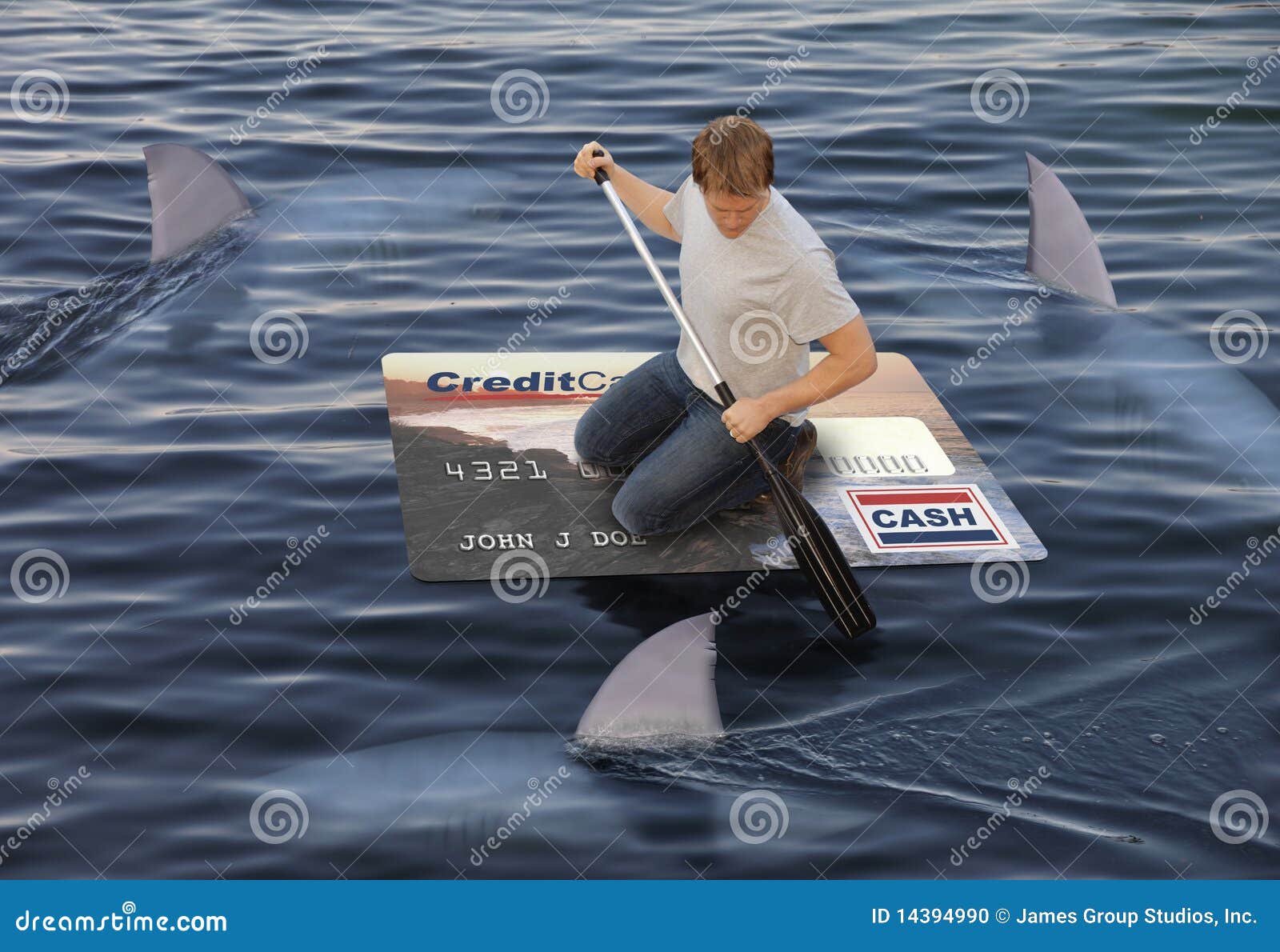

Responsibility for this decline has been laid at the feet of illegal, unreported and unregulated fishing. But this has dropped local catch was 441,337 and today the figure is no better. She said, “The records show that there has been a steady decline in local catch and production of fish in Nigeria.’’ĭomestic production of fish was said to range from 600,000 to 700,000 tons by 1983. She believed that due to these numerous unaddressed challenges in the sector, the local demand for fish far outweighed the supply, adding that there was a constant demand for fish and fish products which should keep the local fishing industry buoyant. However the Chairman of Zoe Maritime Resources Limited, Mrs Oritsematosan Edodo-Emore, in a chat recently in Lagos, said that Nigeria’s vast coastline and her exclusive economic zone had immeasurable fish resources which ordinarily should transform her economy if properly harnessed. Our operation is 75per cent based on AGO.”Īnother major challenge the sector is facing, according to Okonkwo, is the inability of the practitioners to have their operational terminals. We have several Nigerian regulators looking at that thereby frustrating us. The prices have gone up and no one is doing anything about it. She said that AGO took 75 per cent of their operational cost. The NTOA president also said the high cost of automotive gas oil was affecting the sector urging the government to address that area.

I cannot say what they are losing but we can look at records of $80m to $100m loss per year.” This is the first sign to tell you that there is a decline in that operation. “First and foremost, years back, about two decades ago, we had about 250 trawler vessels operating but today, we now have about 150 vessels. There is no gain in saying that the aquatic lives in Nigerian waterways are under threat and may face extinction if the fishing sector is not addressed, and regulated and more attention is given to the fight against illegal fishing.įindings by the PUNCH have shown that about two decades ago, Nigeria as a country had about 250 vessels for fishing on the nation’s waterways, but is very sad to note that illegal, unreported and unregulated fishing has reduced these vessels to 150 currently.Īt different gatherings, stakeholders in the fishing, maritime and agricultural sectors have often said that the negative effect of illegal, unreported, unregulated fishing activities may affect the emerging blue economy of Nigeria, even as they proffer actionable solutions for the Federal Government. In this piece, ANOZIE EGOLE looks at some of the challenges the sector is having and the possible way forward. The Nigerian fishing industry is indeed a sector struggling to survive and possibly on the verge of collapsing as it seems little, or no attention has been paid to the sub-sector over the years.


 0 kommentar(er)
0 kommentar(er)
